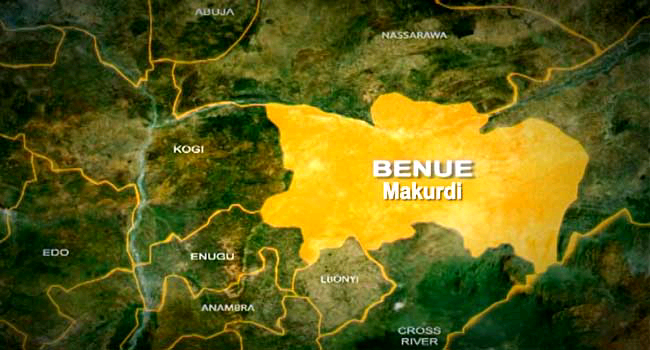Nigeria Becomes West Africa’s Sole Operator of a Light Rail System
Nigeria has emerged as the only country in West Africa to operate a functional light rail transit system, marking a major milestone in the region’s transportation infrastructure.
The Abuja Light Rail, located in the Federal Capital Territory, remains the sole operational light rail service across the West African subregion, positioning Nigeria as a trailblazer in modern urban mass transit development.
Originally launched in 2018 and gradually expanded over time, the Abuja Light Rail system was designed to ease urban congestion, promote efficient mobility, and connect key areas of the capital, including the city center, airport, and satellite towns.
Despite temporary suspension due to funding challenges and the COVID-19 pandemic, efforts by the Nigerian government to revive and upgrade the system have since resumed.
Transportation analysts say Nigeria’s lead in this sector is a significant achievement, particularly in a region where rapid urbanization has not been matched by equivalent investments in public transport. While many West African nations, including Ghana, Côte d’Ivoire, and Senegal, continue to rely heavily on buses, taxis, and informal transport systems, Nigeria’s light rail offers a model for modern and sustainable urban mobility.
Speaking at a recent infrastructure conference, the Minister of Transportation, Saidu Alkali, said, “Nigeria’s commitment to developing a world-class transport system is evident in our investment in rail infrastructure. The Abuja Light Rail is not just a transportation project; it is a symbol of progress and innovation for our entire region.”
The Nigerian government has also announced plans to expand the rail network to other cities, including Lagos, which is currently developing a separate metro line.
Experts believe that Nigeria’s advancements could inspire neighboring countries to explore similar projects to improve urban connectivity and regional trade.
As urban centers across Africa grow, Nigeria’s light rail system may serve as a case study in overcoming infrastructural deficits through long-term planning and public-private partnerships.
For now, Nigeria stands alone in West Africa in offering its citizens and visitors a light rail option a distinction that underscores its ambition to lead in regional infrastructure transformation.







